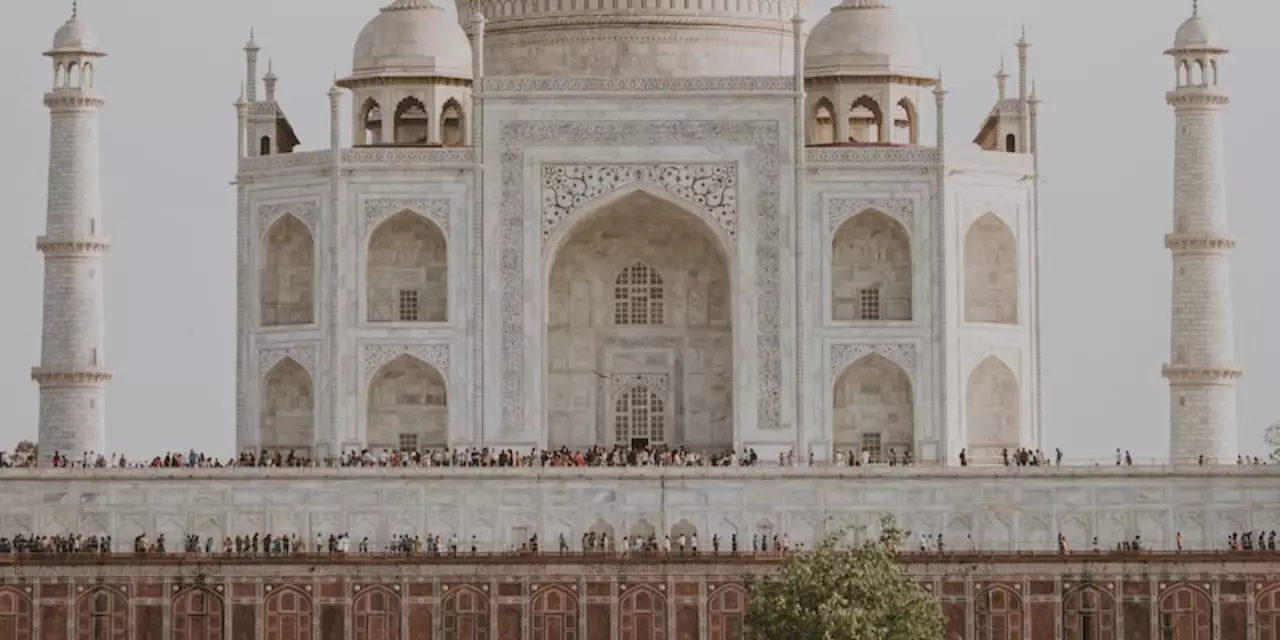Hate: Latest News, Views and Stories from India Reflector
When the word "hate" shows up in headlines, you know the conversation is about to get heated. On this page we collect the most talked‑about stories that touch on hate, whether it’s about anti‑national slogans, court battles, or social backlash. You’ll find short summaries, bold opinions and the facts you need to stay informed without getting lost in jargon.
What counts as hate in today’s India?
In the Indian context, hate can appear in many forms. It can be a chant on a protest rally that calls for the removal of a community, a social media post that spreads false rumors, or a legal case where someone is accused of threatening another group. The Supreme Court and various state courts regularly decide whether a speech crosses the line from free expression to hate‑incitement. Understanding these boundaries helps you see why certain statements end up in court while others don’t.
One common trigger is the use of "anti‑national" labels. When a public figure or activist says a slogan that questions the nation’s unity, authorities often treat it as a threat to public order. The Delhi High Court, for example, recently refused to pause a trial related to a Jamia Millia Islamia protest that featured such slogans. That decision shows how quickly a phrase can move from a rally chant to a legal showdown.
Recent hate‑related news highlights
The biggest story this week involves Prime Minister Modi’s comment on anti‑national slogans. He said anyone raising those slogans should go to jail, turning a political statement into a potential legal precedent. The remark sparked a wave of debate on social media, with some users demanding stricter laws and others warning that it could curb free speech.
Another headline worth noting is the Supreme Court’s stay on the Chhattisgarh “sex CD” case. While the case isn’t about hate speech per se, it illustrates how the courts handle controversial material that can inflame public sentiment. The stay caused a pause in the trial, leaving many to wonder how the legal system balances privacy, morality and community outrage.
In sports, a less obvious form of hate surfaced when fans of New Zealand and Pakistan exchanged hostile chants during a rain‑shortened T20I match in Dunedin. The incident reminded us that even in cricket, a game meant to bring people together, emotions can flare into disrespectful behavior.
Across the country, blogs and opinion pieces weigh in on whether enough is being done to curb hate. Some argue that the government’s tough stance on anti‑national slogans will deter future incidents, while others fear it could silence legitimate criticism. The debate is far from settled, and every new case adds another layer to the conversation.
So, what can you do with this information? First, stay aware of the legal definitions that shape what’s considered hate. Second, watch how public officials and courts respond to provocative speech, because those reactions often set the tone for future actions. Finally, be ready to form your own opinion—you’re the reader, after all, and your perspective matters in a democracy.
Keep coming back to this tag page for fresh updates. We’ll add new articles, opinion pieces and court rulings as they happen. If you’ve got thoughts on any of the stories, feel free to share them in the comments. The conversation about hate is ongoing, and your voice is part of it.
